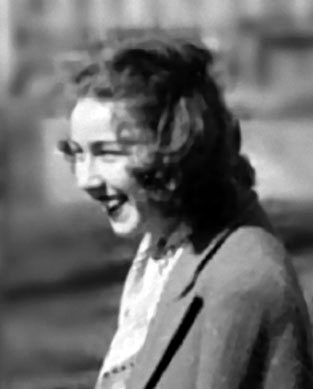Everywhere I go I'm asked if I think the university stifles writers. My opinion is that they don't stifle enough of them. There's many a best-seller that could have been prevented by a good teacher.

"Mary Flannery O'Connor" was an American writer and essayist. An important voice in American literature, she wrote two novels and 32 short stories, as well as a number of reviews and commentaries. She was a Southern literature/Southern writer who often wrote in a Southern Gothic style and relied heavily on regional settings and grotesque characters. Her writing also reflected her own Catholic Church/Roman Catholic faith, and frequently examined questions of morality and ethics.
O'Conner's Complete Stories won the 1972 U.S. National Book Award for Fiction and was named the "Best of the National Book Awards" by internet visitors in 2009.
As part of the Fiction Award's 60th anniversary celebration, writers associated with the National Book Foundation composed a ballot of the best six of 77 winning books—77 because a few awards were split and there were multiple fiction categories for several years in the 1980s.
[http://www.nationalbook.org/nba2009_60thanniversary.html "A Celebration of the 60th National Book Awards"] (2009 online poll). National Book Foundation: Awards: Best of the NBAs Fiction. Retrieved 2012-03-30.
If you enjoy these quotes, be sure to check out other famous writers! More Flannery O'Connor on Wikipedia.There's many a bestseller that could have been prevented by a good teacher.
When you can assume that your audience holds the same beliefs as you do, you can relax a little and use more normal means of talking to it; when you have to assume that it does not, then you have to make your vision apparent by shock, to the hard of hearing you shout, and for the almost-blind, you draw large and startling figures.
It seems that the fiction writer has a revolting attachment to the poor, for even when he writes about the rich, he is more concerned with what they lack than with what they have.
I find that most people know what a story is until they sit down to write one.
When in Rome, do as you done in Milledgeville.
It is better to be young in your failures than old in your successes.
I am not afraid that the book will be controversial, I'm afraid it will not be controversial.
When a book leaves your hands, it belongs to God. He may use it to save a few souls or to try a few others, but I think that for the writer to worry is to take over God's business.
The truth does not change according to our ability to stomach it.
Copyright © 2024 Electric Goat Media. All Rights Reserved.